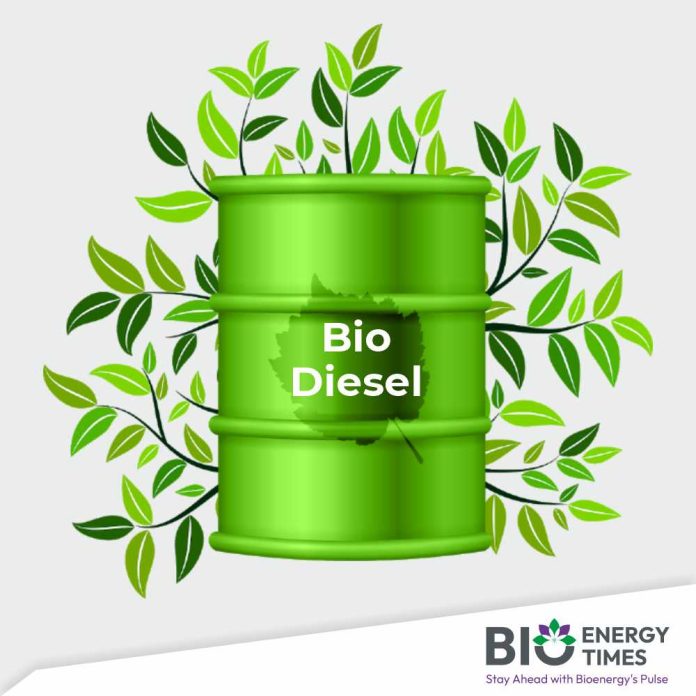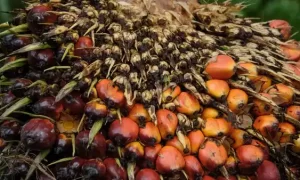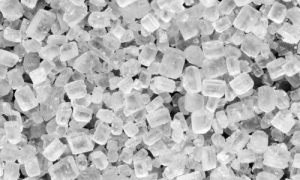Indonesia’s palm oil exports are projected to decline amid rising biodiesel demand

Indonesia’s palm oil exports are expected to decline in 2024 due to rising domestic consumption driven by an increased biodiesel blending mandate and lower production caused by last year’s dry weather. Exports could fall by 2 million metric tons, bringing the total to 30.2 million tons. The blending mandate is set to rise further, potentially reducing export surpluses and affecting revenues.
Indonesia’s palm oil exports are projected to decline this year due to increased domestic consumption driven by a higher biodiesel blending mandate and a slight decrease in production, an industry official informed Reuters on Thursday. As the world’s largest producer of tropical oil, Indonesia faces limited export volumes, which is expected to raise benchmark prices in Malaysia, reported Devidiscourse
According to Fadhil Hasan, head of the trade and promotion division at the Indonesian Palm Oil Association, exports could fall by 2 million metric tons to 30.2 million tons in 2024 compared to the previous year. Speaking at the ‘Globoil’ conference in Mumbai, Hasan noted that exports had already decreased by 7.6% to 15.06 million tons in the first half of 2024.
As per the media report, the production decline is estimated to be around 1 million tons, bringing the total down to 53.8 million tons, largely due to last year’s dry weather affecting yields. “There have been no improvements in productivity or area expansion this year, resulting in the anticipated drop of 1 million tons,” Hasan stated.
First-half production fell to 26.2 million tons from 27.3 million tons last year, according to GAPKI. Hasan pointed out that if second-half production remains on par with last year’s levels, overall output for the year will still be lower.
In August 2023, Indonesia increased the palm oil content in biodiesel to 35%, aiming to boost palm oil consumption to a record 24.2 million tons in 2024, up from 23.2 million tons the previous year.
The energy ministry plans to raise the blending percentage to 40% by January 2025 to reduce fuel imports and fossil fuel emissions. Hasan emphasized that increased consumption would diminish export surpluses, thereby providing necessary funding for Jakarta’s biodiesel program.
“The government should carefully assess production and export trends before further increasing the blending mandate, as export revenues are vital for supporting the biodiesel initiative,” Hasan concluded.
Source Link : https://bioenergytimes.com/indonesias-palm-oil-exports-are-projected-to-decline-amid-rising-biodiesel-demand/

















